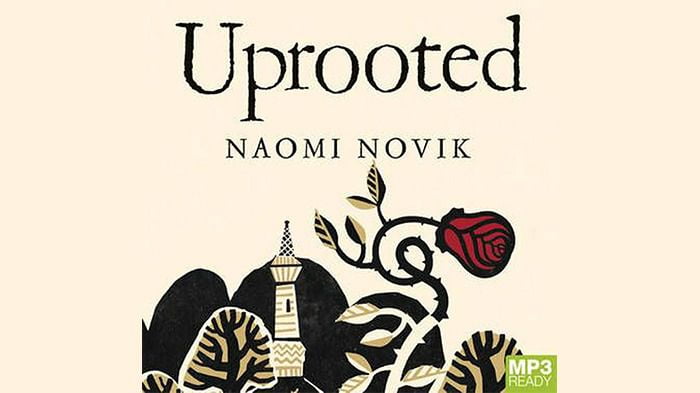“The Thing Around Your Neck” is a collection of short stories written by Chimamanda Ngozi Adichie. It was published in 2009 and showcases Adichie’s storytelling prowess through a diverse range of narratives.
The collection contains twelve stories that explore various themes such as love, identity, immigration, cultural clashes, and the impact of political unrest on ordinary lives. Adichie’s writing captures the complexities of human experiences, particularly those of Nigerians at home and in the diaspora.

Each story in “The Thing Around Your Neck” stands on its own, offering a glimpse into different characters’ lives and their struggles. Some of the stories include:
- “Cell One”: The opening story follows a young girl named Nnamabia whose brother, Nnamabia Jr., is arrested for involvement in a university cult. The story examines themes of corruption, injustice, and the impact of violence on families.
- “Imitation”: This story revolves around Nkem, a Nigerian woman who moves to America to join her husband. It delves into themes of cultural adaptation, personal sacrifices, and the challenges faced by immigrant women.
- “Jumping Monkey Hill”: The story follows Ujunwa, a Nigerian writer attending a writing workshop in South Africa. It explores power dynamics, gender issues, and the lingering impact of colonialism on African literature.
- “The Arrangers of Marriage”: Aisha, a young Nigerian woman living in America, faces pressure from her family to enter into an arranged marriage. The story examines cultural expectations, the clash between tradition and modernity, and the pursuit of personal happiness.
Adichie’s writing in “The Thing Around Your Neck” is characterized by its vivid descriptions, strong character development, and insightful exploration of social and cultural issues. The stories offer a nuanced portrayal of Nigeria and its diaspora, highlighting the complexities and challenges faced by individuals as they navigate personal and societal transformations.
“The Thing Around Your Neck” received positive reviews for its thought-provoking narratives and Adichie’s ability to capture the intricacies of human emotions. It is a compelling collection that showcases Adichie’s talent for storytelling and solidifies her reputation as one of the most prominent voices in contemporary African literature.
 Skip to content
Skip to content









